BY AYA BDAIWI
Inter Faith Week, which ran from Sunday 11 November to the 18 November is dedicated to promoting understanding and cooperation between communities.
This year it couldn’t have come at a more fitting time, given we began the week by commemorating the Centenary of the First World War, which saw millions of people from different faiths and backgrounds, from Britain and beyond, unite in defence of our nation.
The week itself is all about coming together and interacting with people from different ethnicities, religions and cultures, educating each other on our beliefs. Britain is more diverse than ever before and most of us embrace the rich mix of different races, cultures, beliefs, attitudes and lifestyles.
However, stories concerning hate crimes and misconceptions about faith can create divisions.
Inter Faith Week provides an excellent opportunity to address this by encouraging and promoting different religions coming together in the fight against the minority who promote hatred and bigotry. This year has seen many organisations participate in events up and down the country, hoping to unite people of all backgrounds.
I work for Faiths Forum for London (FFfL), an organisation which empowers religious communities to work together towards a better London and I have seen the fantastic benefits of promoting tolerance and openness as the fundamental building blocks for a united and peaceful society.
Addressing hostility and ignorance - which damages cohesion between communities - is an important stepping stone in tackling it.
Last week, we partnered with Twitter to provide coding workshops for girls aged between 11-13 years old from different faith schools. The workshops are designed to inspire young girls and to encourage them to pursue a career in technology, and the course was created and taught by female Twitter engineers.
Not only are these classes intended to help young girls with their future careers, they also bring people together from different backgrounds to increase understanding and cooperation between them.
So far this initiative has helped to train over 250 students, all working together through the universal language of coding. But more than just coding, we have helped bring these students from different faiths together and created a shared experience that now unites all of them.
Every student who participated in one of our workshops left with more than just the coding skills, they gained a better understanding, respect and most importantly, friends from other backgrounds.
The coding workshops are just one example of many that demonstrates how projects such as this can foster mutual understanding and positive relationships.
Activities like this should happen all year round, whereby people can learn from other people’s backgrounds and also benefit in a more personal way.
I have been inspired recently by events fostering cohesion becoming more common. The joint efforts by the Muslim and Jewish community to open a soup kitchen recently show how interaction between different communities can be incredibly positive for society.
Finding shared values and exploring what we have in common is essential for community unity, tackling hate crime and stamping out the efforts of the small number of people who try to dampen the spirit of this country.
Aya Bdaiwi works for Faiths Forum for London, an organisation which empowers religious communities to work together towards a better London




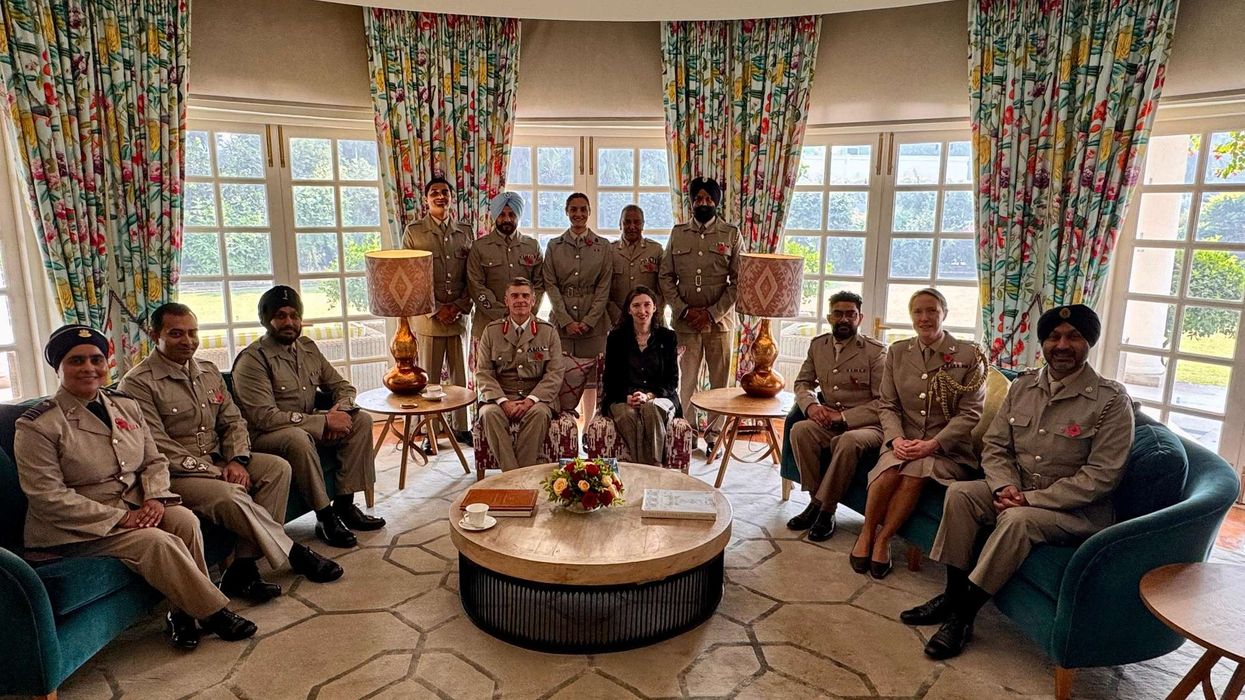
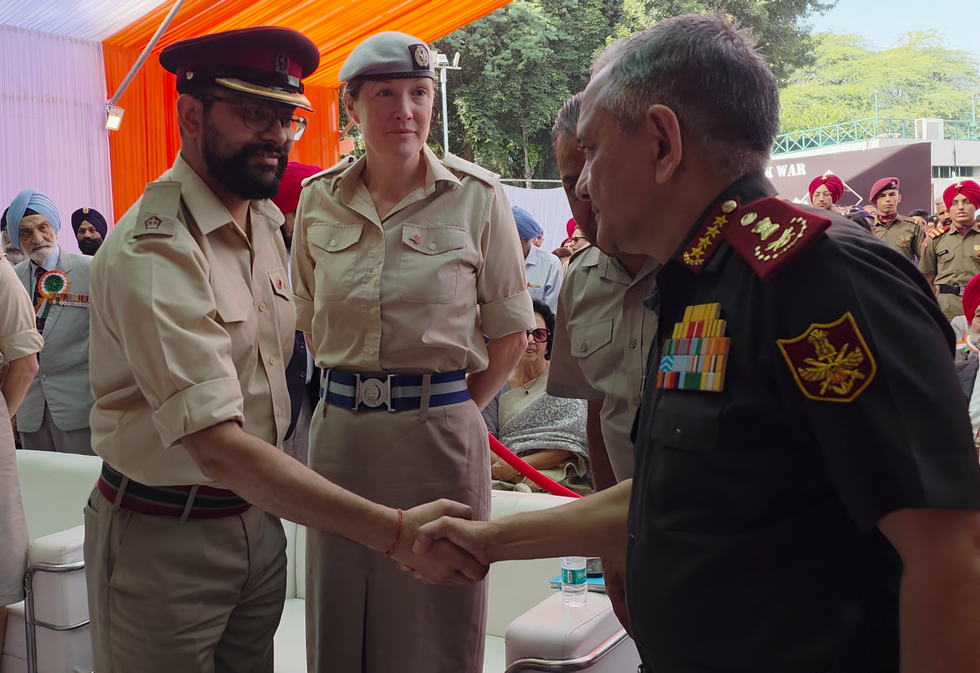
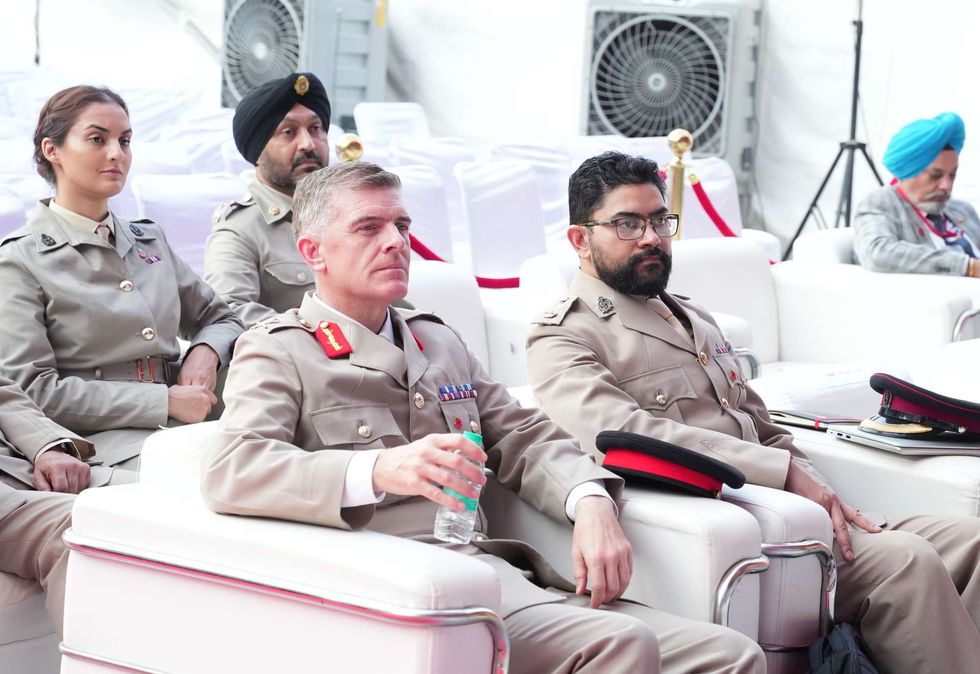
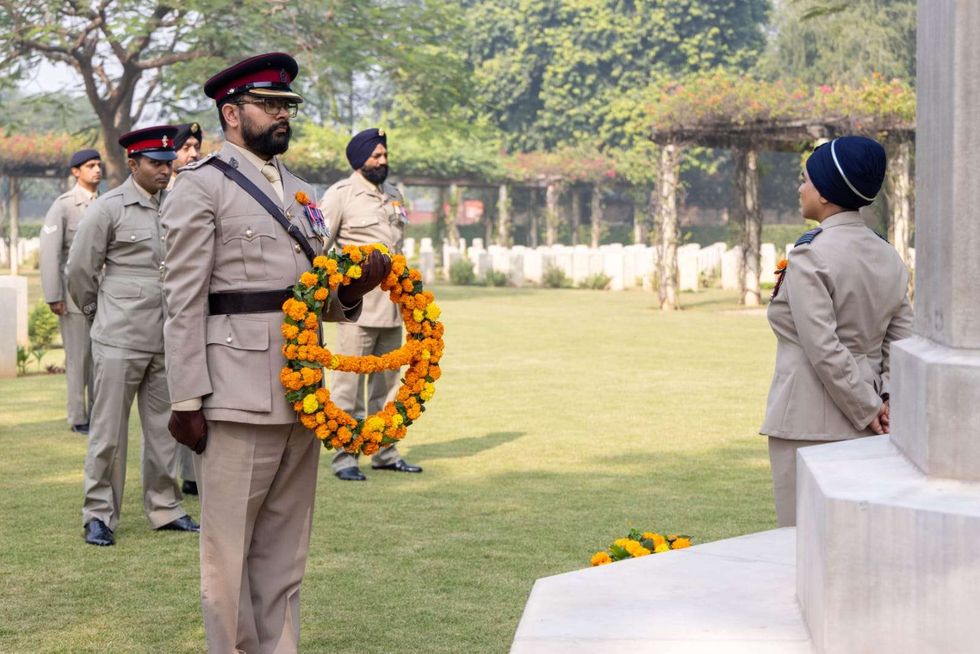
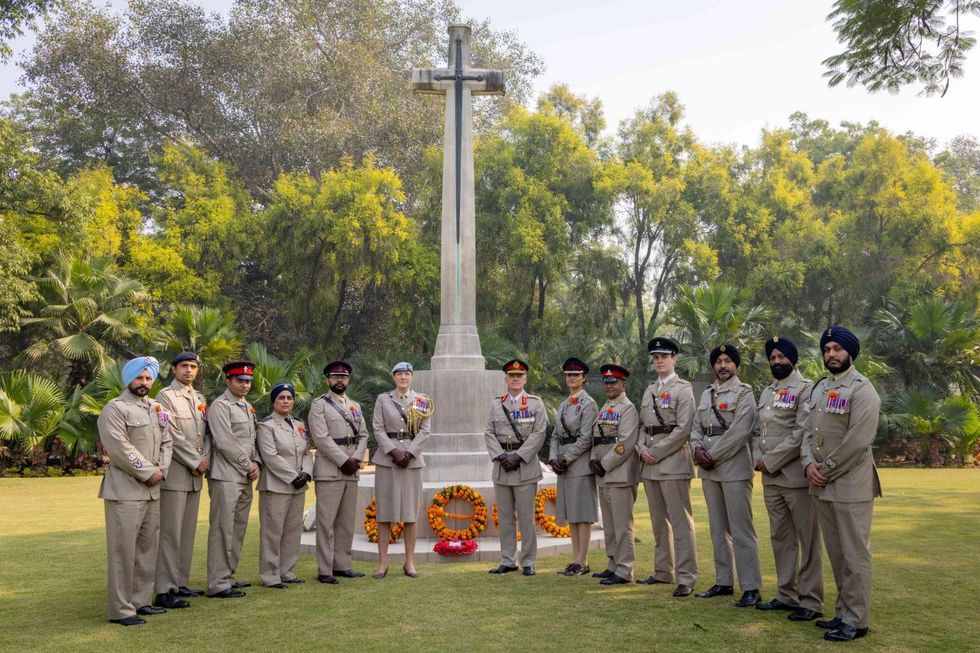
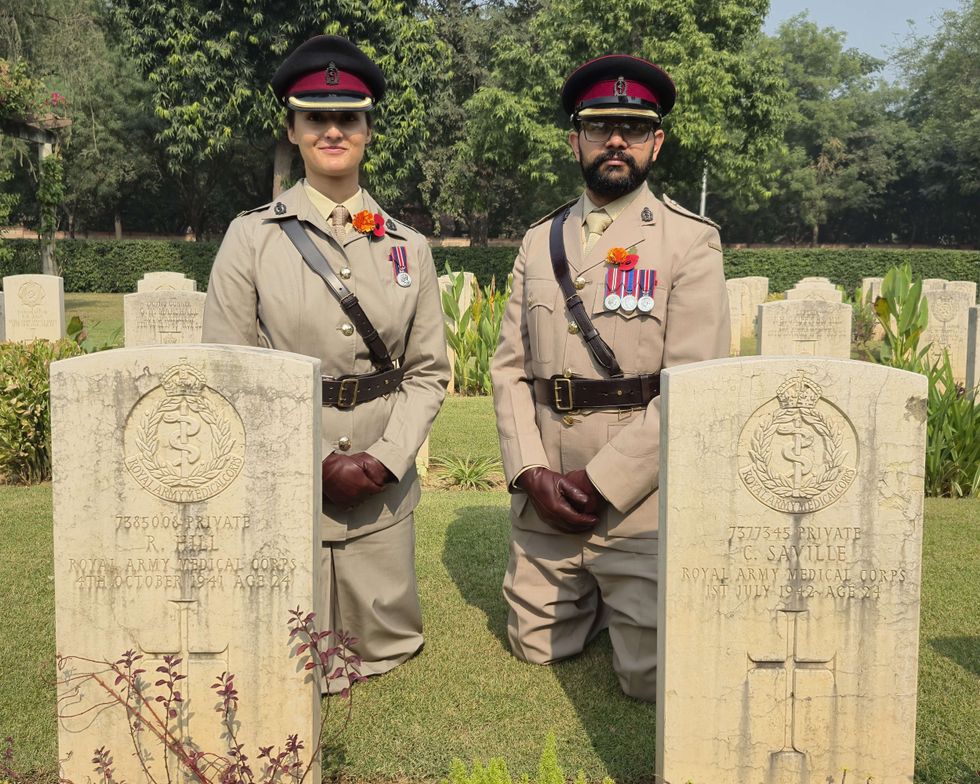







Inter Faith Week: Uniting in the face of hatred